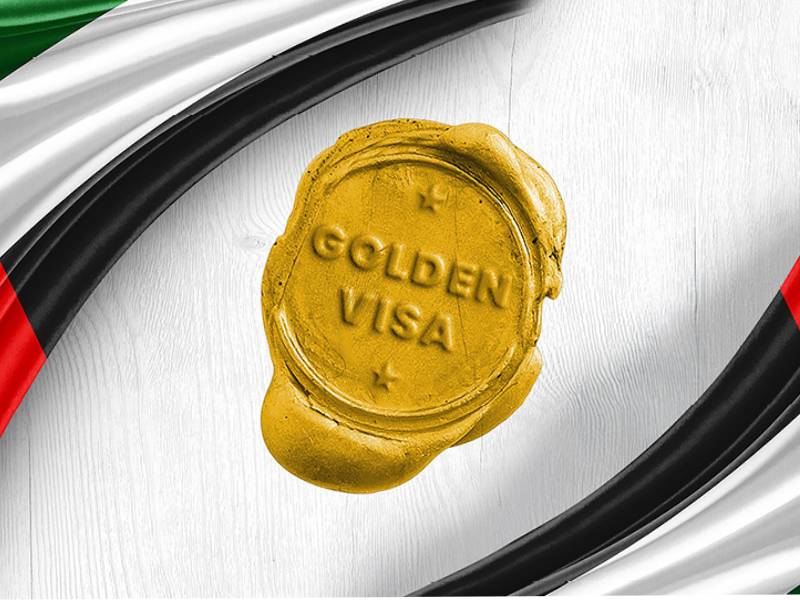How to land a hot job in the UAE – Part 2
Do the Prep
With this figurative backdrop, let’s discover how to land a hot job in the UAE. In Part 1, we looked at pre-requisites, such as resume writing, networking, grooming and registration on job portals https://www.linkedin.com/pulse/how-land-hot-job-uae-part-1-amena-baig/
Part 2 is a market scan, on industry and business verticals with the best career opportunities. Here we go with my top 10 sectors:
1 & 2. Construction and Real Estate
Facts first, prospects next: Over 15,000 residential projects are underway in the UAE, which includes work in progress at Dubai South, Dubai Hills Estate, Shindagha Corridor, Union Railway and Deira Islands. In addition, the energy and utilities construction segment is the second-largest contributor to the UAE construction industry.
In the hospitality segment, over 50 five-star hotels will be built and completed before the start of Expo 2020. Altogether, this could be the vertical with the highest demand for professionals for the next 18 months. Case in point: A leading job portal currently lists over 2,000 live vacancies in the construction industry in the UAE. This includes openings for Civil Engineers, Electrical, Mechanical, MEP and Piping Design Engineers, Architects, Draughtsmen, Surveyors and HVAC specialists.
3. Information Technology
I call this the dark horse of employment opportunities. Month on month, demand for IT professionals is increasing, and yet not much is known about the vibrant pace of hiring. Companies are looking for data scientists, analysts, project managers, cyber security experts, system administrators and programmers. Niche skillsets in demand are Big Data, Machine Learning, App Development, Data Visualization and Cloud Architecture.
Software services firms, engineering enterprises and consultants who deal in new technologies such as artificial intelligence and robotics process automation (RPA) are seeking professionals with prior experience in IoT, data mining and machine learning. Ideal educational background will be a bachelors or masters in engineering, computer science, mathematics or statistics.
Let me summarise this sector with some good news - for candidates. The IT industry is facing a skills shortage - there are more jobs than people applying. Adding to the woes of companies is the dramatic transformation in technology - what’s in demand last month can turn into a damp squib next quarter. Consequently, salaries are increasing as companies struggle to retain employees, or attempt to hire those with in-demand skills. Here’s what’s red hot in IT: Python programming language skills, followed by Go and Java Script.
Other sought-after skills include devops, AWS, OpenShift, Kubernetes and Docker.
4 & 5. Accounting and Finance
A reader of Part 1 had queried on job prospects for accounting and finance. I would like to assure him that as long as there is money in physical or virtual form, as long as there is planning, budgeting, expenditure and income, accounting and finance will remain a sunrise vertical. Top jobs go to Chartered Accountants with FCA or ACCA, or the newly-introduced United Arab Emirates Chartered Accountant Qualification (UAECA). An MBA in Finance or Chartered Financial Analyst qualification would also get you a good job.
In terms of roles, pure play accounting and complementary functions such as audit, risk, compliance and VAT implementation have the best prospects. The highest remuneration is for Chief Financial Officer and Finance Director while the bottom of the pecking order, such as Finance Manager, Credit Controller and Management Accountant is still pegged at a healthy pay scale, owing to the significance and sensitivity of the functions.
6. Banking
Now that I have covered accounting, I can sense the keenness of bankers to know their market worth. This is one sector you can bank on for a long-term career. It’s a highly-capitalised business with stable funding sources, liquidity buffers and proven resilience to withstand macro financial shocks and global fluctuations.
Banks in the UAE (local and foreign) employ nearly 40,000 professionals. Hiring trends indicate a deceleration or reduction in open positions, which could be partly attributed to consolidation in the sector, with mergers happening among leading banks. One of the top portals lists less than 1,000 positions in pure-play banking.
Yet, there is reason to cheer: This year, the UAE economy is at a turning point, as evidenced by statistical data released in May – economic health of the Nation’s non-oil sectors is at a 16-month high and business confidence at a 7-year high. The first beneficiary of such indicators is often the banking sector, and I am sure there will be an upswing in hiring soon.
7. Energy
Oil, gas and power generation from conventional and alternative sources are the key constituents of the Energy sector in the UAE. The country holds the world’s seventh-largest proven oil reserves and ranks amongthe top OPEC producers. Crude oil is expected to yield an average price of $70 per barrel for this year. Rise in crude prices since last year have helped boost government revenues, recording a surplus of Dh67.5 billion in 2018. All this augurs well for career prospects in this core sector.
The largest number of vacancies in every job portal is Oil & Gas. Further, with the government focusing on developing renewable and sustainable energy, the field is open for a new set of specialists with expertise in solar and wind power generation.
8 & 9. Hospitality and Healthcare
I am reviewing the two key sectors together as they are allied in many ways. Medical Tourism, for example, is dependent on the hospitality industry, which helps accommodate attendants (family members) during the treatment period and host the family during rehabilitation.
Let’s take Healthcare: The recent announcement of a 10-year visa for doctors is yet another feather in the cap of a nation with far-sighted vision. Dedicated zones for treatment, such as Dubai Healthcare City, have opened doors for global recruitment of medical professionals.
As for hospitality, trust this sector for a bouquet of jobs. By 2022, you will be able to check in to as many as 183,000 hotel rooms in the UAE. Imagine the need for human resources that will be required to operate an industry estimated to grow to $7.6 billion by 2022.
10. Manufacturing
Question: Which is the world’s largest premium aluminium producer? Which manufacturing unit ranks among the world’s largest single-site smelters? Answer: Emirates Global Aluminium, located halfway between Dubai and Abu Dhabi. The aluminium sector in the UAE supports over 60,000 jobs directly and indirectly. That’s just an illustration of the successful measures by the government over the years to reduce dependence on oil and gas.
Depending on your experience and qualification, you can look for jobs in Aluminium and other Metals, Ceramics, Chemicals, Crystal and Glass, Electronics and Electrical, Machinery and Tools, Paints and Coatings and Packaging industry to name a few.
Time for me to finish this post. From the window, I can see vehicles on Sheikh Zayed Road, heading towards the city center. Like a new driver enhancing his skills, I hope the market scan has given you a wider perspective. Insha Allah, you will find your dream job.


















